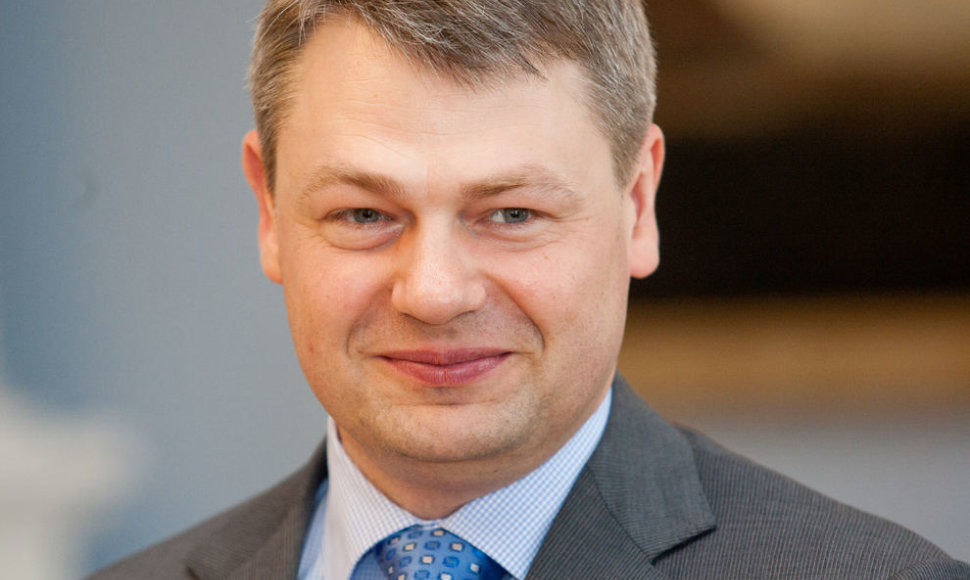According to Nerijus Udrėnas, no-one knows precisely whether the price of gas paid by Lithuania is actually the highest in Europe; therefore the study conducted by the European Commission is expected to provide more clarity.
“The gas market in this region [the Baltic countries] lacks transparency since, as we know, there are the so-called trading points, trading terminals in Western Europe, the UK – the hubs, where trade in gas is transparent and those prices are known. Here we have a lot of darkness. And the European Commission’s study into alleged abuse of dominance by Gazprom will show how much everyone is actually paying,” Udrėnas said in an interview to Žinių Radijas (News Radio) on Tuesday.
In his view, it is difficult to assess the prices due to fluctuations, among other things.
“It’s true, there is a certain notion that Lithuania is now paying more than other Baltic countries and that the difference is between 10 and 15 percent, but it’s a complex issue. Lithuania has transit through Belarus, which means that the transit fee might comprise a certain part [of the price], and Latvia may probably have discounts due to the storage site in Inchukalns,” the adviser said.
Lithuania‘s Prime Minister Algirdas Butkevičius has stated repeatedly that the price of gas paid by Lithuania is the highest in Europe.
In January, the average price of natural gas imported to Lithuania totaled 1,250 litas (EUR 362.32) per 1,000 cubic meters, data from the National Control Commission for Prices and Energy shows.
The European Commission is currently carrying out an investigation into Gazprom‘s operations in Central and Eastern Europe. Among other things, it suspects that the supplier could have imposed unfair prices on its customers by linking it to oil prices.
Lithuania, which is the first Baltic state that is implementing the EU's Third Energy Package and aims to unbundle the assets of Lietuvos Dujos (Lithuanian Gas), in which Gazprom holds a significant stake, by the end of 2014, believes that the Russian supplier applies discriminatory pricing to the country.












